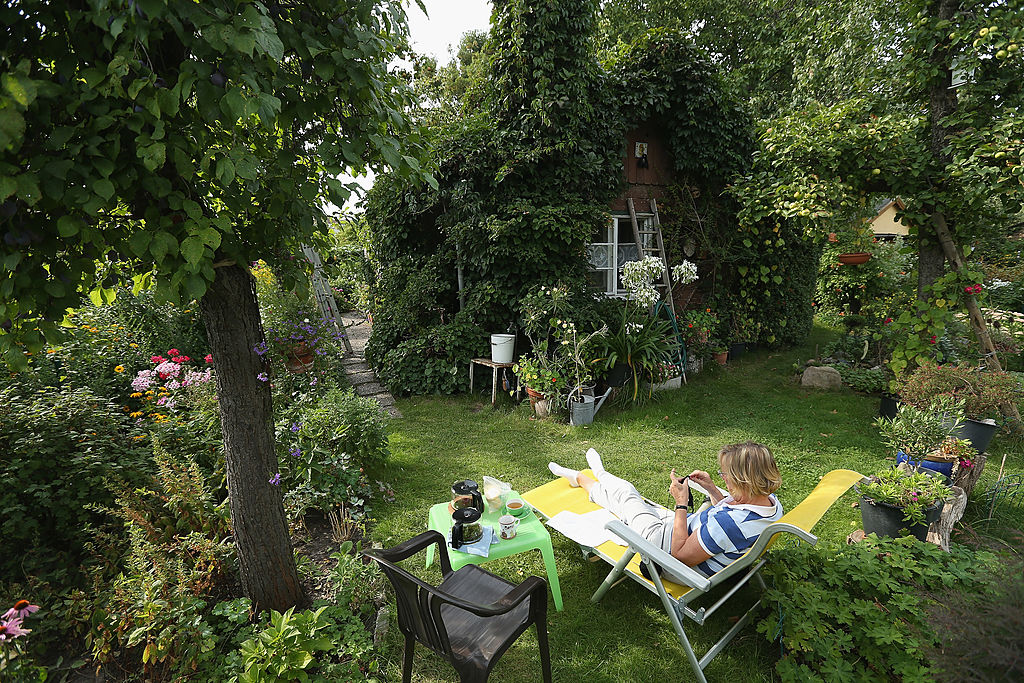According to Cathryn Ross, Thames Water’s co-interim chief executive, householders with large gardens should be paying a higher price for their water than people with small or no gardens.
Actually, they already almost certainly do. If they have a metered supply, their bills will be proportional to how much water they use – and will be bearing the full cost of watering the lawn or the flowerbeds. If they are unmetered they will be charged a rate that reflects the size of their property.
If, on the other hand, Ross means that people who own large gardens should be paying a higher rate for each unit of water they use, it might make sense for monopolistic suppliers to suggest this, as it would raise more cash for them in the politically easiest way. But it is otherwise illogical. It isn’t people with large gardens who should be paying more; it is people who don’t have absorbent lawns, flowerbeds and trees.
The problem isn’t properties with large gardens in leafy suburbs
The biggest problem that water companies have right now is not with supplying water: it’s with preventing storm overflows. The problem dates from a fateful decision back in Victorian times to combine foul drainage with surface run-off in one sewer system. During periods of heavy rain the sewage treatment works cannot cope, with the result that water has to be released directly into rivers, bypassing the treatment works. That is what has been killing off fish and other wildlife, leaving rivers lifeless.
But the problem isn’t properties with large gardens in leafy suburbs. It is with densely-packed housing where every available surface has been paved-over. That speeds run-off water into the sewers, helping to overload them. We are used to hearing surface flooding in cities lazily blamed on climate change, but a more immediate cause is the intensification of urban development. Large gardens have been built over, front gardens paved for car parking, absorbent lawns replaced with patios and artificial grass.
There are supposed to be planning constraints preventing the wholesale paving-over of absorbent surfaces. But you wonder how well-enforced they are. Does anyone really check when a homeowner digs up a lawn and puts down artificial grass instead? If we want to reduce the risk of flooding in urban areas it would be better to introduce financial incentives. As well as charging customers for however much water they use, water companies ought to be basing sewage charges on how much paving there is at a property. If householders were charged for every square metre of non-absorbent land they own they would have a strong incentive to leave gardens as they are, or even to dig up their patio and lay it to grass or gravel instead. It might not be like progressive taxation – the owners of a small semi with paved-over garden might find themselves paying more than a country house-owner with rolling acres of parkland. But it would more properly link sewage bills with the cost that a property imposes on the system.







Comments